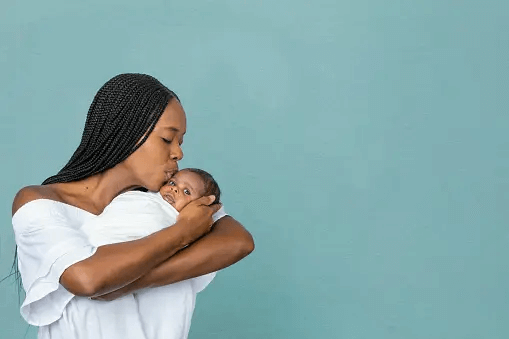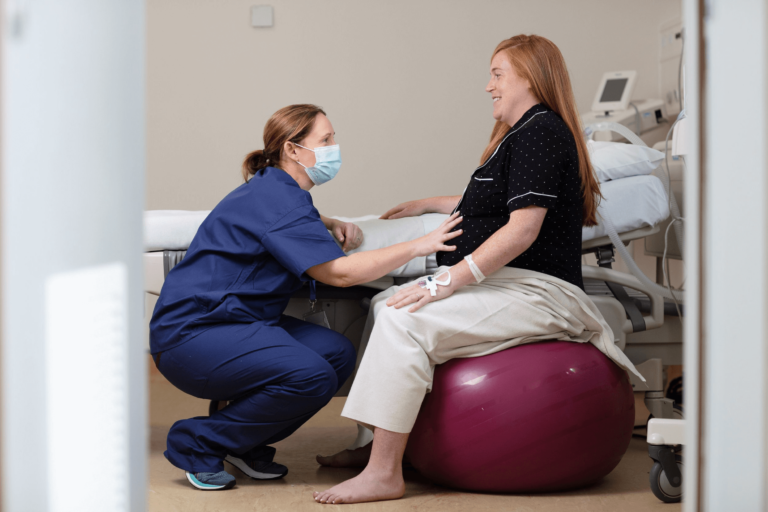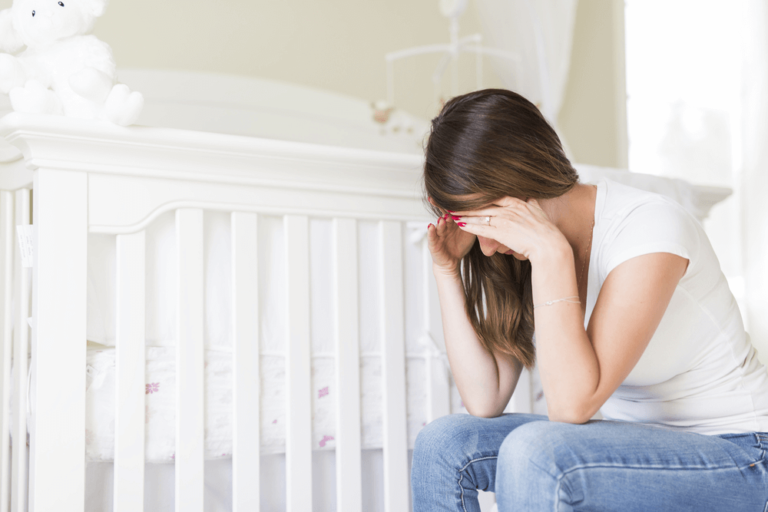How Long Should You Wait to Try Again After a Miscarriage?

Introduction
A miscarriage is a deeply emotional and physically challenging experience. After going through such a loss, many couples wonder how long they should wait before trying to conceive again. While the desire to have a baby can be strong, it’s essential to consider both physical and emotional readiness. This article explores expert medical advice, emotional coping strategies, and tips for preparing for a healthy pregnancy after a miscarriage.
Understanding Miscarriage Recovery
Physical Recovery Timeline
The physical recovery process after a miscarriage depends on several factors, including how far along the pregnancy was:
- Early Miscarriage (Before 12 Weeks): Most women recover physically within 2-4 weeks.
- Later Miscarriage (After 12 Weeks): Recovery may take several months due to more extensive physical and emotional trauma.
Emotional Healing Process
Emotional recovery varies from person to person. Feelings of grief, sadness, and anxiety are common. Support from family, friends, or a mental health professional can help during this time.
Medical Guidelines for Trying Again
WHO Recommendations
The World Health Organization (WHO) previously recommended waiting six months after a miscarriage before trying again. However, recent studies suggest that three months or less may be safe in many cases, especially after an early miscarriage.
Current Research Insights
- 2016 Study (Obstetrics & Gynecology Journal): Women who conceived within three months after a miscarriage had a higher chance of having a successful pregnancy.
- Individualized Care: Consult your doctor for a personalized recommendation based on your health history.
Physical Recovery After a Miscarriage
1. Uterine Healing
- After a miscarriage, the uterus needs time to shed remaining tissue and heal.
- D&C Recovery: If a dilation and curettage (D&C) was performed, extra healing time may be required.
2. Menstrual Cycle Return
- Most women experience their first period within 4-6 weeks after a miscarriage. A regular cycle indicates that the body is ready to conceive again.
3. Medical Check-ups
- Post-Miscarriage Exams: Your healthcare provider will monitor hormone levels, perform an ultrasound, and ensure there are no complications.
Emotional Readiness for Another Pregnancy
Coping With Grief
- Allow yourself time to process feelings of loss and grief.
- Seek counseling or join a support group if needed.
Support Systems
- Lean on family and friends for emotional support.
- Partner Communication: Openly discuss when both partners feel ready to try again.
Factors That Affect How Soon You Can Try Again
- Type of Miscarriage: Late-term or recurrent miscarriages may require longer recovery times.
- Medical History: Conditions like PCOS, thyroid disorders, or uterine abnormalities may delay readiness.
- Age: Women over 35 may be advised to try sooner due to declining fertility.
- Personal Preferences: Some couples prefer to wait, while others want to try again quickly.
Medical Tests After Multiple Miscarriages
If you’ve experienced two or more miscarriages, your doctor may suggest tests such as:
- Genetic Testing: To identify chromosomal abnormalities.
- Hormonal Screening: To check for imbalances like low progesterone.
- Uterine Exams: Ultrasounds, hysteroscopies, or MRIs to detect structural issues.
Benefits of Waiting After a Miscarriage
- Improved Uterine Health: Time for the uterine lining to rebuild.
- Reduced Emotional Stress: A mental break can reduce anxiety and depression.
- Better Physical Health: Time to recover from pregnancy-related changes.
Risks of Trying Again Too Soon
Trying too soon after a miscarriage can increase the risks of:
- Preterm Birth
- Low Birth Weight
- Emotional Distress: Anxiety and fear of another loss.
Healthy Lifestyle Tips Before Conceiving Again
- Balanced Diet: Include fruits, vegetables, lean proteins, and whole grains.
- Exercise: Moderate activities like walking or yoga can help maintain a healthy weight.
- Prenatal Vitamins: Take folic acid and prenatal supplements to support a healthy pregnancy.
- Stress Management: Practice relaxation techniques like meditation and mindfulness.
For additional tips on managing pregnancy symptoms, check out this First-Trimester Survival Guide.
When to Consult a Specialist
See a fertility specialist if:
- You’ve had two or more miscarriages.
- You’re over 35 years old.
- You have a medical condition like PCOS, thyroid disease, or diabetes.
- You’re struggling with emotional recovery after miscarriage.
FAQs About Trying Again After a Miscarriage
1. How soon after a miscarriage can I get pregnant?
Many doctors suggest waiting until after the first menstrual cycle, typically within 4-6 weeks.
2. Is it safe to get pregnant immediately after a miscarriage?
In most cases, yes. However, consult your doctor if you have underlying health conditions.
3. How can I improve my chances of a healthy pregnancy?
Eat a balanced diet, exercise, manage stress, and take prenatal vitamins.
4. Do I need medical tests after a miscarriage?
Yes, especially if you’ve had two or more miscarriages or if your doctor suspects an underlying issue.
5. Can emotional stress cause another miscarriage?
While stress alone is unlikely to cause a miscarriage, managing anxiety can support a healthy pregnancy.
Conclusion
Deciding when to try again after a miscarriage is a personal journey that involves emotional healing and physical recovery. With proper medical care, emotional support, and healthy lifestyle changes, many couples go on to have successful pregnancies. Consult your healthcare provider for individualized advice and take one step at a time toward your parenthood journey.






